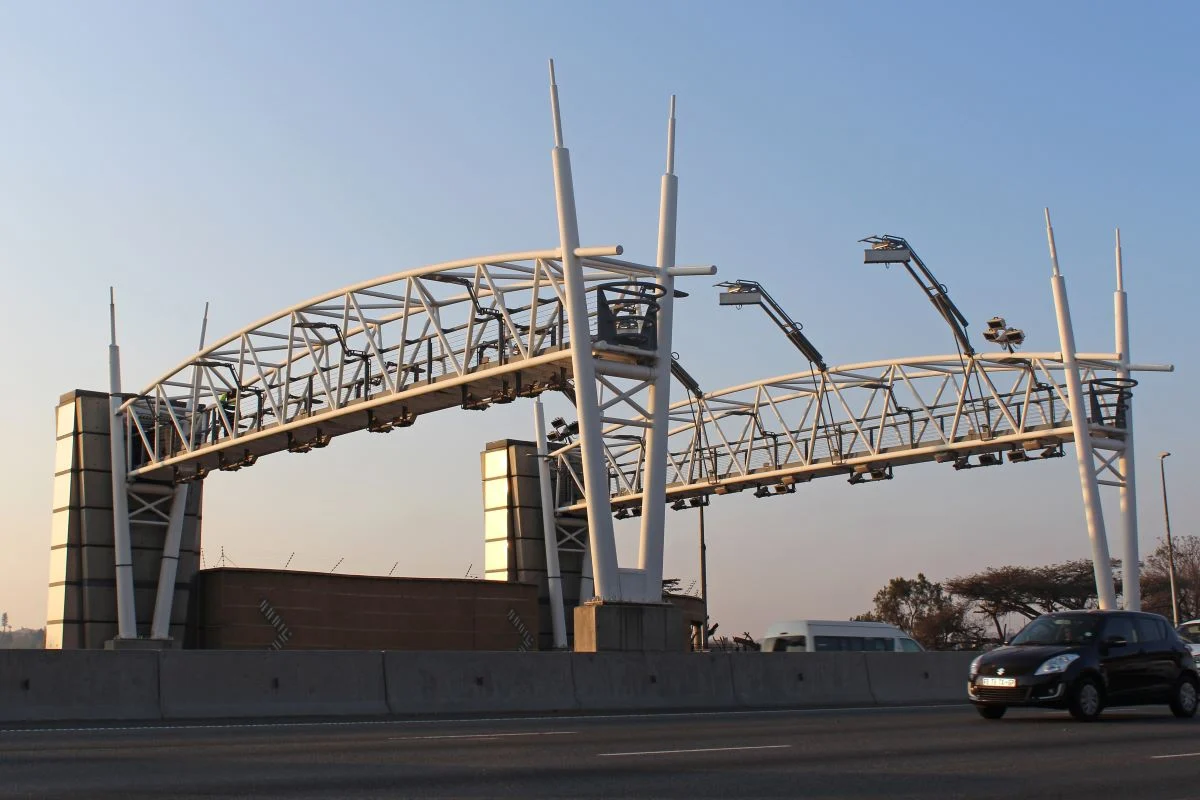
Gauteng road users can finally breathe easy as the much-debated e-tolls system has been officially abolished. Effective from midnight on Thursday, drivers will no longer face charges for utilizing the e-toll network.
The decision to scrap e-tolls, announced earlier in the week by Transport Minister Sindisiwe Chikunga, comes as a significant relief for many. However, motorists are reminded that they remain accountable for any outstanding debts incurred prior to the termination of the system.
Initially implemented in 2013 as part of the Gauteng Freeway Improvement Project, e-tolls quickly became a point of contention among drivers and various civil society groups. Widespread resistance led to a significant portion of users refusing to settle their e-toll fees.
Addressing the issue of outstanding e-toll debts, the Organisation Undoing Tax Abuse (OUTA) has urged motorists to refrain from making any further payments. Stephanie Fick, Head of Legal at OUTA, emphasized the importance of standing firm on this matter. She stated, “If you were resolute in your decision not to settle your e-toll debt from the outset, there’s little reason to change course now. The enforcement of historic debts remains a concern, but ultimately, it’s a matter of principle.”
The decision to eliminate e-tolls marks the conclusion of a lengthy and contentious chapter in Gauteng’s transportation history. The system, originally intended to alleviate congestion and fund road improvements, instead became a source of frustration and financial strain for many commuters.
In recent years, public dissatisfaction with the e-tolls system has been evident through widespread non-compliance and vocal opposition from various advocacy groups. Calls for its removal grew louder, culminating in the recent announcement of its termination.
Minister Chikunga’s announcement signifies a significant shift in transportation policy, signaling the government’s responsiveness to public sentiment and concerns. By scrapping e-tolls, authorities aim to alleviate financial burdens on motorists while seeking alternative methods to fund infrastructure projects.
Moving forward, the focus will likely shift towards exploring sustainable funding models for future road developments and maintenance. This could involve a combination of traditional taxation, innovative financing mechanisms, and public-private partnerships.
As Gauteng road users adjust to life without e-tolls, attention will inevitably turn towards addressing the legacy of outstanding debts accumulated under the previous system. While the legal implications and enforcement mechanisms remain uncertain, organizations like OUTA continue to advocate for motorists’ rights and interests.
The abolition of e-tolls represents more than just the removal of a tolling system; it reflects a broader shift towards more equitable and responsive governance. By listening to the voices of its citizens, the government has taken a decisive step towards building trust and restoring confidence in its ability to address public concerns effectively.
Looking ahead, the challenge will be to ensure that lessons learned from the e-tolls saga inform future transportation policies and infrastructure projects. This includes fostering greater transparency, public participation, and accountability in decision-making processes.
Ultimately, the abolition of e-tolls serves as a reminder of the power of collective action and civic engagement in shaping policy outcomes. It demonstrates that when citizens unite around a common cause, they can influence change and hold authorities accountable for their actions.
In conclusion, the end of e-tolls in Gauteng marks the beginning of a new chapter in the region’s transportation landscape. While challenges lie ahead, including the resolution of outstanding debts and the pursuit of sustainable funding solutions, the decision to scrap e-tolls represents a significant victory for motorists and advocates of equitable governance.
This website uses cookies.